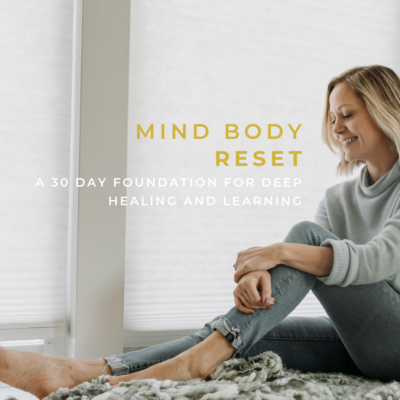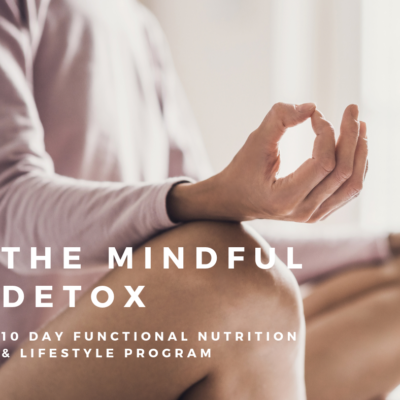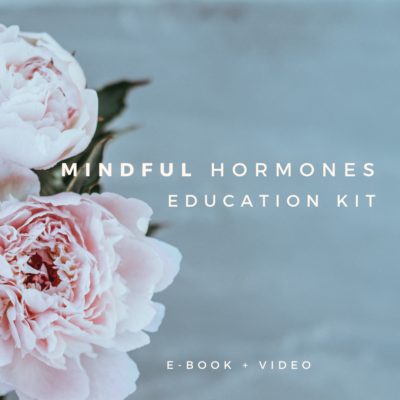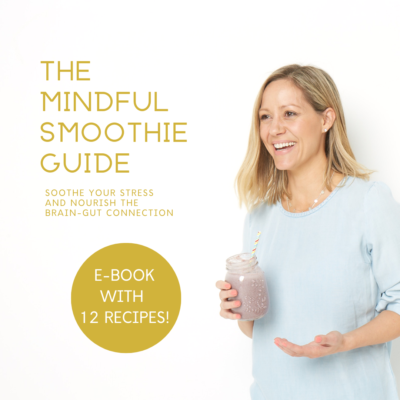The topic of protein comes up a lot and it’s certainly one of those confusing areas in nutrition. Do I need more? Less? Why is all the information different? What about vegan protein?
What I’ve seen over the years is that many people, in particular women, are in fact not getting enough protein. You can see it in thin hair, premature ageing and weak nails, as well as hormone and immune system dysregulation. Often times they look at other nutrients or have heard they might need something else, but when we go over their daily diet, it’s the protein that’s missing. That said we are not all the same, and we have different dietary needs depending on our genetics and lifestyle. So it’s about knowing your own body, and making sure you eat what it needs.
Protein is pretty important and personally I have seen huge benefits from simply starting my day with a protein smoothie. The amino acids boost the production of collagen and reduce damage from exercise. This is a great little beauty secret well worth your time and effort (everything that prevents damage prevents ageing effectively). And smoothies are by far the easiest way to get extra protein into your day. I’ve used protein for years now and it was a major factor in helping me regain strength after extensive nerve damage and muscle atrophy associated with years of chronic sciatica. It took a while but my body healed and rebuilt itself which is amazing. Protein effectively provides building blocks.
And the benefits go well beyond muscle repair and skin integrity. Amino acids found in protein support immunity, detoxification pathways and neutrotransmitter production. Protein slows post exercise wear and tear by dampening ‘cortisol’ release, and is particularly beneficial to reduce fatigue and soreness.
Surprisingly many people are not getting enough dietary protein, and the deficiency shows up in different ways. Thin skin, brittle hair, weak nails, depression, insomnia, and poor immune function are all associated signs. It’s not often the first thing people think of, and this is why we need better understanding of protein products.
There tends to be some confusion regarding dairy and plant based proteins, and understanding which are better. Traditionally derived from ‘whey’, a byproduct of cheese making in the dairy industry, and used in everything from baby formula to bodybuilding products, whey is what is known as a ‘complete protein’. Like other animal-sourced proteins, complete proteins contain all 9 essential amino acids and are highly bioavailable.
Australia boasts the third largest growing population of vegans, which means we also have some serious choice in the vegan protein market. Dairy free proteins can be made from any combination of grains, hemp (though technically not legal to consume in oz), legumes or vegetables such as peas, brown rice, quinoa, soy, pumpkin or even exotic sachi inchi. If you’re lucky the manufacturer uses organic, ‘activates’ the ingredients through fermentation, or keeps the ingredients ‘raw’ through special unheated processing. This is important because vegetable based proteins can be as low as 30% bioavailable, compared to 99.9% in whey protein. Whether choosing a vegan or whey protein what’s important is to look for a trusted brand, you need to know their processing is spot on, and they aren’t adding cheap fillers or artificial flavours. You also want to know you are getting something that will absorb well. So make sure you ask about bio-availability.
If you fall in the category of being ‘dairy intolerant’ as opposed to vegan, you may consider using a Whey Protein Isolate (WPI) instead of going completely dairy free simply because the protein absorption is higher. WPI goes through a process that removes most of the lactose and fat, leaving a lighter feeling protein that absorbs more quickly than a Whey Protein Concentrate (WPC), and doesn’t give you that uncomfortable dairy bloat associated with most proteins.
Your protein powder should only have a few ingredients and no chemical sweeteners or additives. Stick to stevia or monk fruit, straight vanilla or other real flavours, and generally steer clear of anything too complicated. You can mix and match your protein with your own flavours, spices like turmeric, cinnamon and ginger and boosters from your own ‘smoothie pantry’ which is much more practical and gives you better dosing options. Make sure you subscribe to download your free smart smoothie guide and more tips!
Lots of love,
xo Sita







